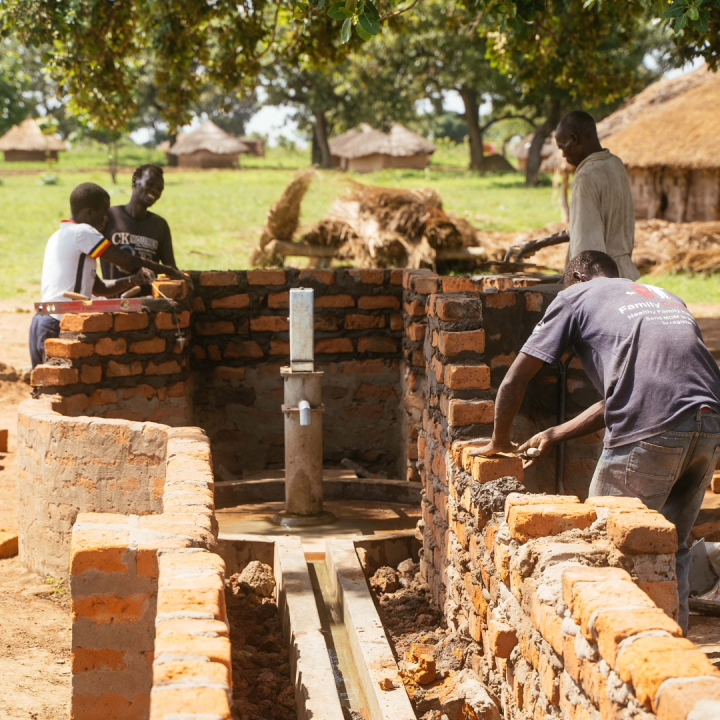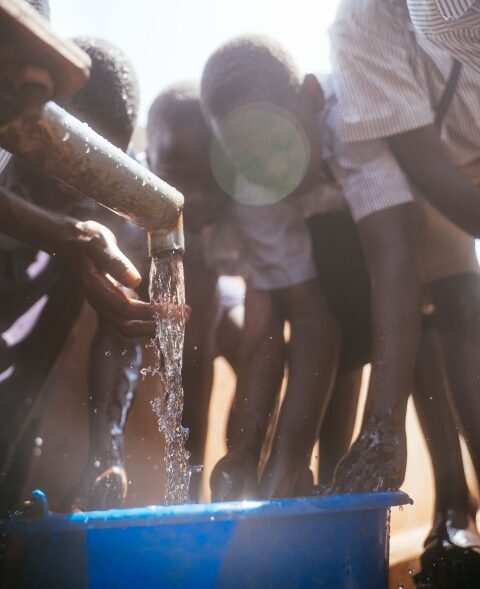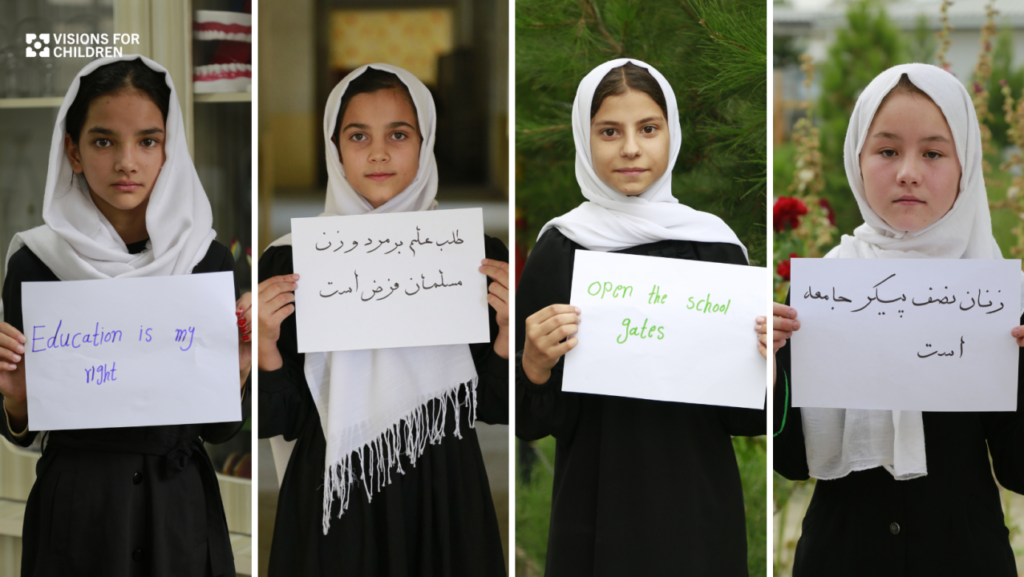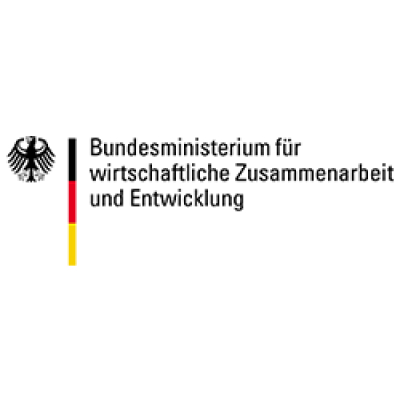This year, World Toilet Day was decorated with the symbol of the hummingbird:
Because the hummingbird does what it can to fight a big fire – it carries drops of water in its beak. Its actions – even if they are small – help to solve a big problem. Known for his solution-oriented helpfulness, this year he is to call for compassion. As part of the Water Action Agenda, the United Nations is explaining how each individual can take action with small steps. To “accelerate change”, the hummingbird inspires people to take personal action to improve toilets and sanitation systems.
The focus is particularly on local opportunities and measures to improve the situation on the ground.
Background
As part of the SDGs (Sustainable Development Goals), we only have 6 years left to make significant improvements in global sanitation. To achieve safe toilets and water for all in time by 2030, the world needs to work five times faster on average. Because:
➡️ 3.5 billion people still live without safe sanitation facilities
➡️ 419 million people still go to the toilet outdoors. Under these conditions, diseases are spreading that kill 1,000 children under the age of five every day.
This global crisis poses a threat to nature and the health of all, especially women, girls and other vulnerable and marginalized groups:
Missing or neglected sanitary facilities make it difficult to attend school inclusively, as they are not barrier-free. This also leads to girls in particular staying away from school during their periods. Almost a quarter of Ugandan girls between the ages of 12 and 18 even drop out of school completely when their period starts. The reasons are manifold, but can be traced back to a lack of adequate sanitary facilities and inadequate hygiene products.
Lack of access to sanitary facilities and hygiene puts menstruating women in particular at risk. The facilities available are usually shared with men or are even outdoors. In these cases, there is no opportunity to wash, which can lead to serious health problems.
How can sustainable sanitary safety be guaranteed?
Locally in Germany
In Germany, too, there are projects for the sanitary turnaround and to make sustainable and circular sanitation accessible to a wide audience. Goldeimer, for example, started with this philosophy in 2018 and is campaigning for a new legal framework and against the pollution and waste of drinking water caused by the current sanitation system.
WASH at Visions
At Visions, we combine the sixth goal of the 2030 Agenda with the fourth, global sanitation with inclusive, equitable and quality education. As part of our project work with the local organization Link to Progress (LTP), a WASH project (Water, Sanitation, Hygiene) was launched in Uganda in September 2022. This is taking place in the Otuke and Oyam districts at a total of seven project schools.
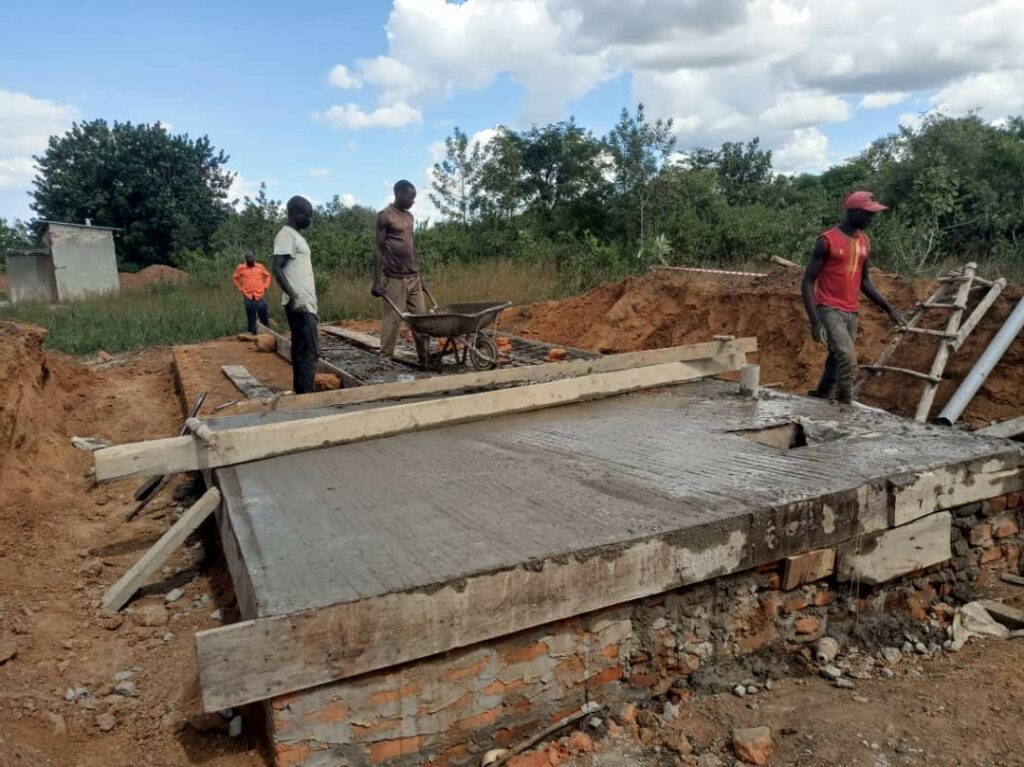
The district is located in a rural area in northern Uganda, where the infrastructure for education and the supply of water and electricity has come to a partial standstill as a result of the civil war. The program launches a project to improve hygiene standards, menstrual hygiene and education about the importance of WASH at seven state elementary school.
Most of the approximately 6,000 pupils come from financially disadvantaged families with a low level of education. There is no electricity at any of the schools and access to water is only partial. Together with our partners, we are therefore building new sanitary facilities, establishing a water supply, introducing school meals and implementing accompanying workshops.
3 key points
- The construction of sanitary facilities and access to running water will improve hygiene standards at the schools.
- Workshops on topics such as menstrual hygiene and puberty remove taboos from the subject for all pupils and prevent menstruating women from staying away from lessons out of shame.
- By setting up school committees, responsibility is transferred from the outset so that positive developments are also ensured beyond the project.
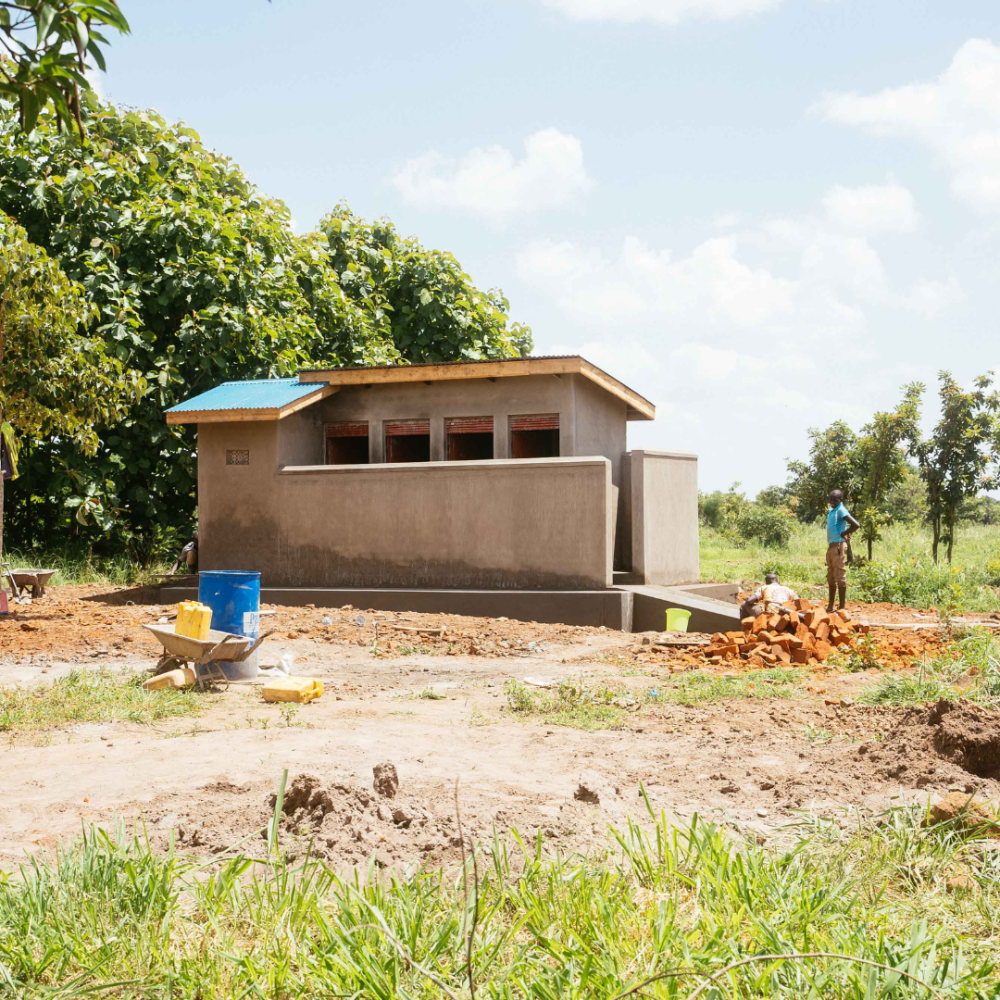
The 6th goal of the 2030 Agenda is essential to ensure sustainable development and the safeguarding of human rights worldwide. Numerous organizations have already committed to this goal, both locally and globally.
Would you like to campaign for sustainable sanitary safety? Find out more on the Action Day website or from one of the organizations mentioned.
Would you like to support our WASH project? Read more about the current projects here. And here you can support us sustainably as a sustaining member.
